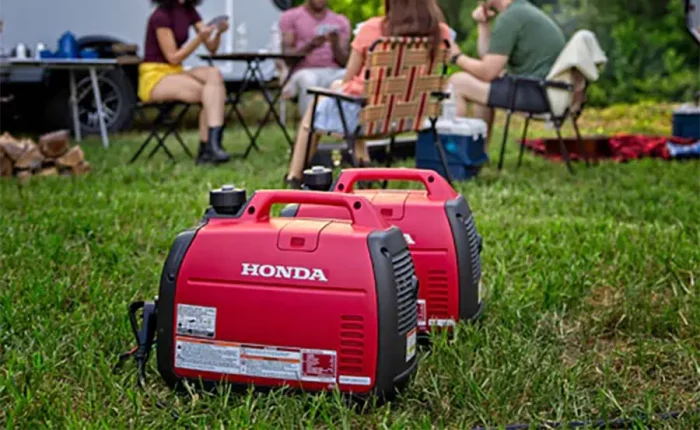When it comes to camping, having the right power source can significantly enhance your experience. A generator can provide electricity for various appliances, devices, and amenities in your camper, but selecting the right size is crucial. Too small a generator might leave you without power, while a generator that’s too large can be unnecessarily costly and cumbersome. This article will guide you through the process of determining how big of a generator you need for your camper, taking into account your power requirements, usage habits, and other essential factors.
Understanding Your Power Needs
Assessing Your Appliances
The first step in choosing a generator is identifying the appliances and devices you plan to use in your camper. Common items include:
Refrigerators
Air Conditioners
Heaters
Microwaves
Televisions
Lights
Chargers for phones and other devices
Calculating Wattage Requirements
Each appliance has a wattage rating, which indicates how much power it consumes. You can usually find this information on the appliance’s label or in the user manual. For example:
Refrigerator: 600–800 watts
Air Conditioner: 1,000–2,000 watts (depending on size)
Microwave: 600–1,200 watts
TV: 100–400 watts
Starting vs. Running Watts
Many appliances require more power to start up than to run continuously. This is known as “starting” or “surge” wattage. For example, an air conditioner might need 2,000 watts to start but only 1,000 watts to run. Always factor in the starting watts when calculating your needs.
Total Wattage Calculation
Add up the running watts of all the appliances you plan to use simultaneously, along with the starting watts for those that require it. This total will give you an idea of the minimum generator size you’ll need.
Determining Generator Size
Portable vs. Standby Generators
Portable Generators: Ideal for campers, these generators are versatile and easy to transport. They typically range from 1,000 to 7,000 watts.
Standby Generators: Permanently installed and designed to power the entire camper, these are less common for mobile use and can be more expensive.
Recommended Generator Sizes
For basic camping needs, a generator between 1,500 and 3,000 watts is usually sufficient for smaller campers or trailers.
For larger campers with multiple appliances running simultaneously, consider a generator in the range of 3,000 to 5,500 watts.
If you plan to run high-power appliances, such as a large air conditioner, you may need a generator above 5,500 watts.
Buffer for Future Needs
It’s wise to choose a generator with a higher capacity than your current needs to accommodate future appliances or changes in usage.
Types of Generators
Inverter Generators
These generators provide clean, stable power and are quieter than traditional generators. They are suitable for sensitive electronics, making them a good choice for campers who use laptops or mobile devices.
Conventional Generators
Generally more affordable and offer higher wattage. However, they tend to be noisier and may produce less stable power, which can be unsuitable for sensitive electronics.
Dual Fuel Generators
These can run on gasoline or propane, offering flexibility in fuel choice. This can be beneficial for campers looking to reduce costs or who have limited access to one type of fuel.
Additional Considerations
Fuel Efficiency
Look for generators with better fuel efficiency, as this can save you money on fuel costs during longer trips.
Noise Levels
Consider the noise level of the generator, especially if you plan to camp in quiet areas. Inverter generators are typically quieter than conventional models.
Weight and Portability
Ensure the generator is easy to transport. Lightweight models are preferable for campers with limited storage space.
Run Time
Check the run time at half load, as this will give you an idea of how long the generator can power your devices before needing a refill.
Maintenance and Safety
Routine Maintenance
Regular maintenance, such as changing the oil and checking the air filter, is essential for keeping your generator running smoothly.
Safety Precautions
Always operate your generator outdoors to prevent carbon monoxide buildup.
Use heavy-duty extension cords rated for outdoor use to connect appliances to the generator.
Conclusion
Choosing the right generator for your camper involves assessing your power needs, understanding the types of generators available, and considering factors like fuel efficiency, noise levels, and portability. By following this guide, you can determine the ideal generator size for your camping adventures, ensuring you have the power you need to enjoy all the comforts of home while on the road. Whether you’re heading out for a weekend getaway or an extended trip, the right generator can enhance your camping experience and provide peace of mind.
Related topics:

